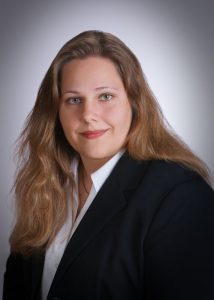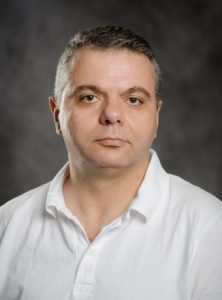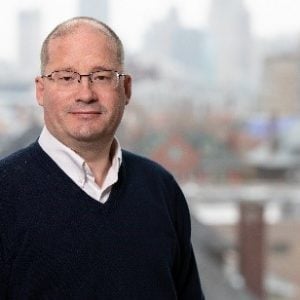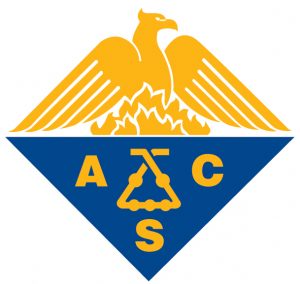
Dr. Karana Shah, Vice President of Technology at Dixie Chemical Company will be speaking this Friday, November 6th, 2020 at 3:00 p.m., via Zoom.
How to Get Hired and Progress in an Industrial Career from the Perspective of a PhD Graduate
Abstract: From R&D scientist to technical marketing to company leadership, Karana Shah has had an interesting career in industry since receiving her PhD from MSU in 2006. Taking a leap from academia to industry can be a decision fraught with worry. Graduate students and postdocs can have a tough time framing their extensive technical training into tangible skills that employers are looking for. Job seekers at all levels want to figure out if a position will be a good fit, with a company that will support future growth and professional development. Karana will describe some of the steps she took to find her first role out of graduate school and offer suggestions to those just starting out. She has successfully moved between positions and companies several times and will describe learnings from that process. At her current company, she has taken on increased responsibility with a promotion to a senior leadership role. A solid foundation with BS (2000) and MS (2002) degrees from MTU Chemistry helped lay the groundwork for the path she is on today.
BIO: Dr. Karana Shah joined Dixie Chemical in 2013 as Technical Services Manager and was promoted to VP of Technology in 2016. Prior to joining Dixie, she worked for Zoltek (now part of Toray Group), a global manufacturer of carbon fiber. At Zoltek, she supported the Composite Intermediates product line including pultruded profiles and prepreg. Karana also previously worked for Evonik Jayhawk Fine Chemicals as Technical Service Marketing Manager for Specialty Anhydrides and for TAMKO Building Products as a Research and Development Engineer for thermoplastic composite products. Dr. Shah earned her BS and MS degrees in Chemistry from Michigan Technological University in Houghton, MI. Her MS degree was completed under the guidance of Dr. Patricia Heiden in 2002. She also earned her Ph.D. in polymer composites with advisor Dr. Laurent Matuana from the Department of Forestry at Michigan State University, East Lansing, MI in 2006.




